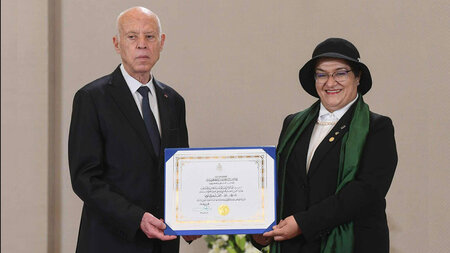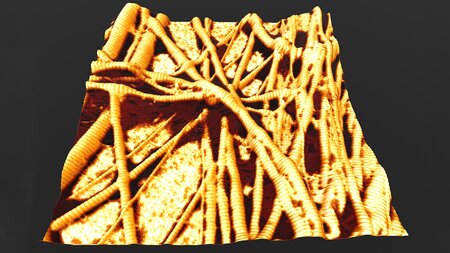Course Advanced Methods for Integrated Circuits
This master-level module introduces current methods and practices across the integrated-circuit (IC) design and test flow. The course is delivered as a seminar series with contributions from international university and industry colleagues who present selected topics drawn from their recent work. Rather than a fixed syllabus, the program highlights contemporary challenges and solutions, covering the path from specification to silicon, including modeling, design methodology, verification and validation, prototyping, and measurement, so that the content stays aligned with the state of the art.
Sessions emphasize clear problem statements, engineering trade-offs, and lessons learned in real projects. Students are expected to engage actively: preparing short readings when provided, asking questions, and reflecting on how methods generalize beyond the specific case studies.
By the end of the semester, students will be able to:
- outline IC development workflows across varied design aspects (architecture, digital, analog/mixed-signal, RF, verification/test) and implementation technologies (FPGA prototyping, standard-cell ASIC, heterogeneous integration), and explain how methods and artifacts map from models/prototypes into the final chip.
- compare alternative approaches for design, verification, and test,
- read and discuss technical material with a focus on assumptions, evidence, and limitations,
- communicate findings concisely in an oral examination.
Teaching language is English. The course is suitable for students interested in design, verification, test, and adjacent application areas, and it aims to foster connections that may lead to project work or collaboration beyond the classroom.
To get access to the course documents you have to subscribe in OPAL-System as well.





